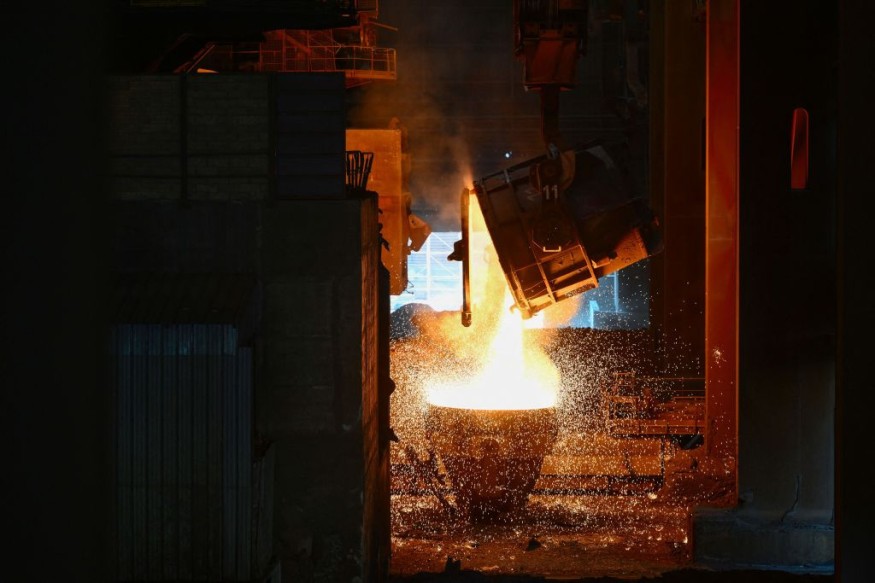
Rising militarization and defense spending are undermining attempts to combat climate change, NGOs claimed at a Brussels forum.
Military Carbon Footprint
The European Network against Arms Trade (ENAAT) and Transnational Institute (TNI) organized the event in response to figures from the Stockholm International Peace Research Institute (SIPRI) indicating a surge in military spending and the effect of European military public procurement on climate change.
Nick Buxton, TNI's information hub coordinator, quoted 2022 predictions from experts who determined that the total military carbon footprint accounts for around 5.5% of world emissions.
"Military spending is going to tanks, F-35 jets, with Belgium and Germany lining up to buy them ... Every time we see this increase in numbers there is a huge increase in carbon emissions," said Buxton.
Buxton said that the EU is increasing carbon emissions through militarization, citing EU naval activities in the Red Sea and border barriers to prevent migration.
He added that the European public should be aware of how politics militarizes every situation instead of addressing it.
The military is typically exempt from publicly reporting their greenhouse gas (GHG) emissions. There is currently no consolidated public reporting of GHG emissions for the national military of the European Union.
Last year, environmental groups and scientists pressured the United Nations to require foreign armies to declare all of their gas emissions and to abolish a long-standing exemption that has allowed part of their climate pollution to go unreported.
Greatest Enemy to Climate Actions
Irish lawmaker Clare Daly said that militarization is the greatest enemy to climate action.
"Instead of seeking to build peace and strengthen goodwill, the EU is now abducting funds meant for climate action and channeling them into armament and militarization, a choice that only intensifies tensions and makes war more likely," said Daly.
According to a recent study, military spending in Central and Western Europe is already larger than it was during the Cold War's final year.
Laëtitia Sédou, a project officer at ENAAT, stressed that EU military spending has increased from €3.32 billion in 2021 to €7.67 billion by 2023.
She described a "paradigm shift" that occurred in 2017, when the EU budget began funding the arms industry through the European Defence Fund, Action in Support of Ammunition Production (ASAP), European Defence Industry Reinforcement through Common Procurement Act (EDIRPA), or the European Defence Industry Programme (EDIP).
All but three European NATO members-Greece, Italy, and Romania-boosted military spending in 2023.
Irish lawmakers expressed regret that military emissions were not included in the global stocktake at the COP28 in Dubai, citing the "many gaps" in reporting of such emissions.
They underscored that reliable data on military emissions is more vital than ever at a time when military expenditure is expanding in Europe, and indeed globally, at an alarming rate.
Ionela Maria Ciolan, research officer on security and defense at the Wilfried Martens Centre for European Studies, said that climate change concerns should not deter investment in the defense industry or arms manufacture.
Ciolan urged that the EU invest more in greening its army and minimizing their environmental imprint by researching and developing low-carbon military technology and fuels.
Related Article : EU Members to Cut Gas Use in Fear that Russia May Halt Supply
© 2026 NatureWorldNews.com All rights reserved. Do not reproduce without permission.





